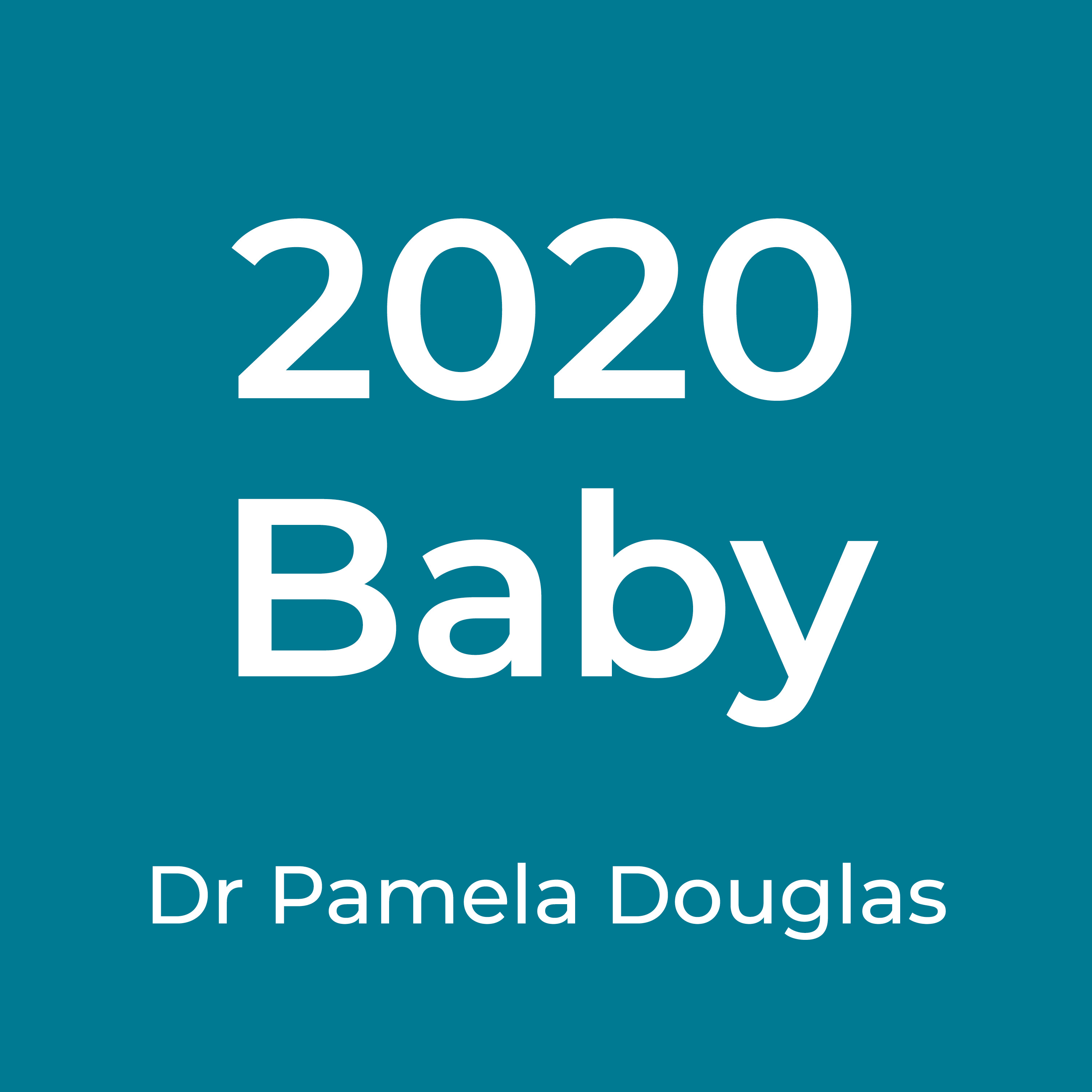COVID-19 uncovers an urgent need for more evolutionarily aligned approaches to infant-care
Description
Homo sapiens environment of evolutionary adaptedness bathed the infant in rich environmental stimulation, both social and non-social. Because of this, 21st century babies still thrive best in the context of diverse and complex sensory-motor experience, and when loving adults and older children respond to the baby and grow increasingly long and complex social reciprocity chains. The latest neuroscience proposes the primacy of motor development for optimal developmental outcomes. Motor development is enhanced by experiences of postural variability and sensory-motor stimulation from the beginning of life. Dr Pamela Douglas and Honorary Associate Professor Peter Hill reflect upon the potential risks of infant sleep training practices, which problematise sensory-motor stimulation, during a time of social isolation. Pam is a GP-researcher and founder of the evidence-based Neuroprotective Developmental Care (or 'Possums') programs www.possumsonline.com. She is also author of The discontented little baby book: all you need to know about feeds, sleep, and crying.
More Episodes
Published 10/27/22
Published 08/01/21
In this podcast, you’ll hear all you ever wanted to know about sleeping baby safely at night! Professor Helen Ball, the world’s leading infant sleep researcher, established the Parent-Infant Sleep Lab at Durham University in 2000. Helen begins this conversation with Dr Pamela Douglas by outlining...
Published 08/01/21


